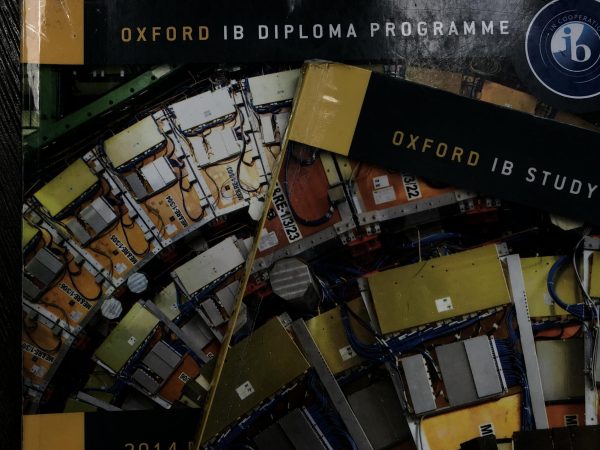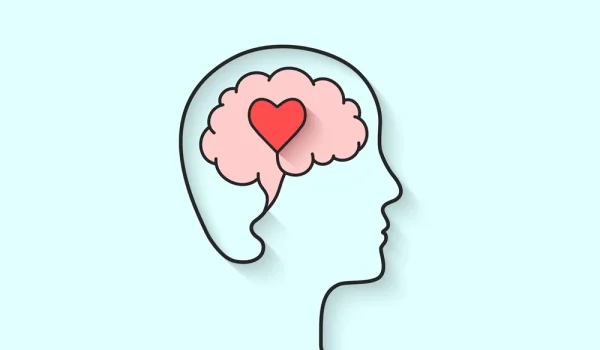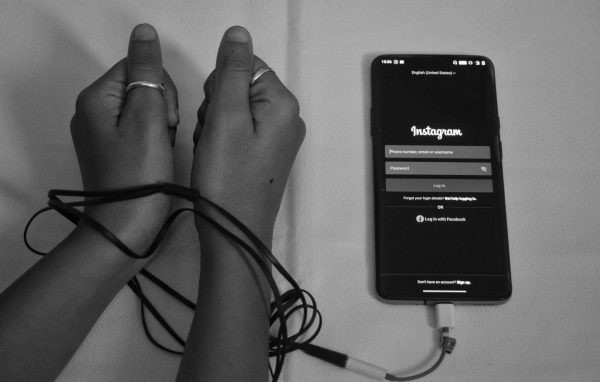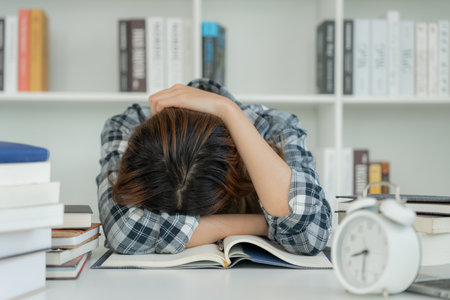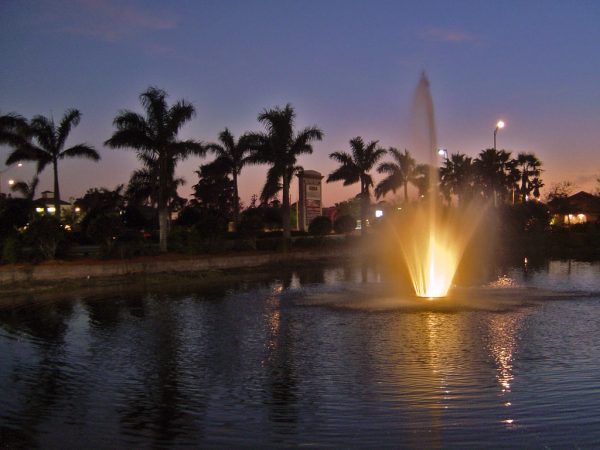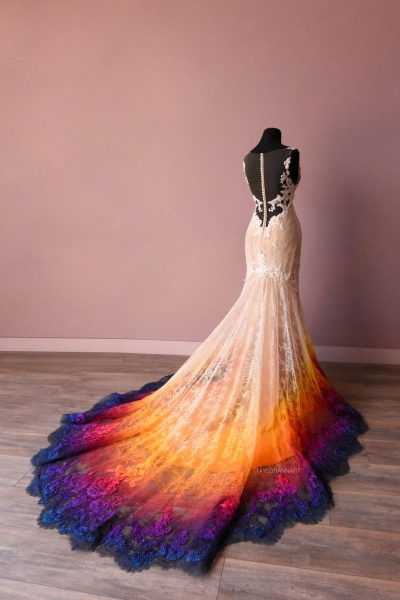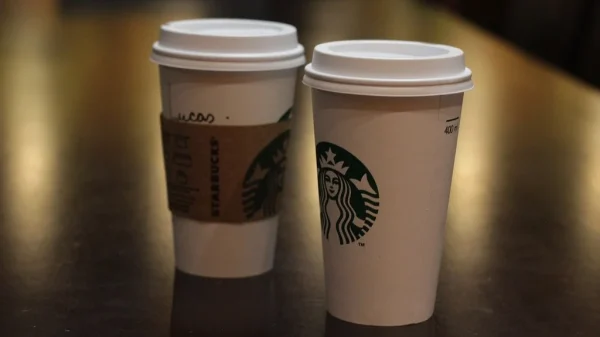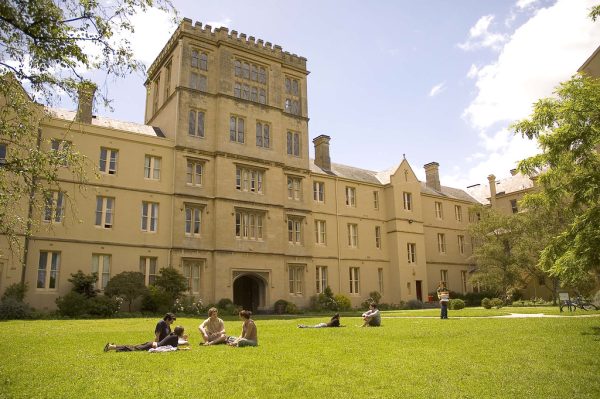Conspiracy Theories: How They Shape American Culture
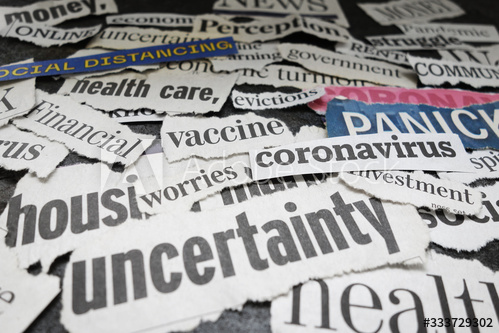
Conspiracy theories have always been a rich part of American lore, the inherent excitement surrounding cloak-and-dagger discussions attempting to wrangle the unexplainable fueling an entire subculture of layered theories and conspiracies that have only evolved over time. Some of the most popular and widely-discussed conspiracies of Americans revolve around the technicalities and loose ends of the Kennedy assassination, ambiguous creatures like Bigfoot and the Lochness Monster, mysterious government facilities like Area 51, the Illuminati and its possible headquarter locations, and unexplainable UFO sightings across the country, among countless others.
But to be an American in 2020 is to live in an ideal environment for creating complex new conspiracies. With this rollercoaster of a year the world has seen so far, it is no wonder that the American media has seen a tidal wave of new conspiracies on the rise, tackling everything 2020 has thrown at us. However, as much excitement certain conspiracies can inspire, the tumultuous events of 2020 and the conspiracies they have left in their wake are much more impactful in the ways they threaten to shape American culture than the typical conspiracy.
The COVID-19 virus has been a breeding ground for new conspiracy theories since its outbreak on the American public in March of 2020, and with the devastating virus continuing to ravage our society, it’s obvious that these theories are in no way a lighthearted discussion topic. The virus has unleashed a pandemic of misinformation that is upsetting the public’s trust, and as people struggle to find explanations for the devastation happening around them, conspiracies arise. “This pandemic is ripe ground for conspiracy theories, precisely because a lot of the psychological elements that give rise to conspiracy theories are heightened: powerlessness and anxiety and uncertainty,” says Adam Enders, an assistant professor at the University of Louisville who researches how conspiracy theories affect politics. “In the middle of a pandemic, all we have is anxiety. It stems from uncertainty: What’s actually happening? When is this gonna be over? When will we have a vaccine? How are things going to work when states start opening?”
Unsurprisingly, there is much suspicion and uncertainty surrounding the COVID-19 virus, and conspiracy theories are unfolding and developing as fast as the virus is spreading. Because the virus first appeared in Wuhan, China, there are people who believe it was actually manufactured there and released purposefully as a sort of biochemical weapon. President Trump has claimed that the virus is no more dangerous than seasonal influenza, even going so far as to refer to the virus as “their [Democrats’] new hoax” at one of his political rallies. Despite this being fiercely disputed by the scientific community, some of Trump’s followers have adopted this idea and still claim that the effects of the virus are greatly exaggerated. Some conspiracies believe that the death toll of the virus is being exaggerated by the media, and some say that the reported deaths are more likely an undercut. “You don’t need to wear a mask”, “the wealthy elite are using the virus to profit on vaccines”– the list of COVID conspiracies goes on and on.
Conspiracy theories play a prominent role in the landscape of American politics as well. With the apocalyptic war raging between Donald Trump and Joe Biden in their heated battle for president, all sides of the political spectrum are being drowned in accusations and conspiracies. Many Republicans fiercely believe that the mail-in ballot system, a usually unconventional way of voting brought back in 2020 due to polling centers being unable to open safely in the midst of COVID-19, is actually a Democratic scheme that is being used to garner votes for their presidential candidate Joe Biden, despite the fact that mail-in ballots aren’t subject to rampant fraud because of the voter registration system. Democrats in turn have been voicing the theory that Trump has been trying to cripple the US Postal Service in an attempt to intercept likely Democratic votes. Some have even asserted that Republicans are participating in voter suppression tactics, like voter intimidation at the polls and even legal steps towards preventing people from casting their vote.
With accusations flying and tensions running at record highs, it’s no wonder the split between the two parties has widened into a chasm of complete distrust at the climax of the election. However, the rise of these conspiracies and accusations may have a more lasting impact on the American people than ever before. The messiness of this election could spur a prolonged loss of trust in the voting system, a fundamental part of the American institution. Nina Jankowicz, a researcher on disinformation for the Woodrow Wilson Center, says that “what’s worrisome to me is that no matter what the election outcome is, the effect found on our democratic institutions are going to be felt for years to come.”

Julia is currently a senior at West Morris Central and a staff writer for The Paw. She plays violin in the WMC Symphony, participates in Cross Country...

